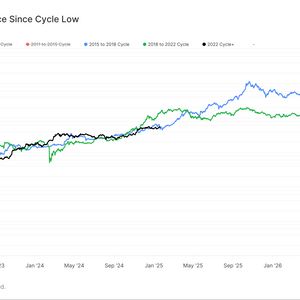Tether Files Lawsuit Against Swan Bitcoin Stablecoin issuer Tether has filed a lawsuit against Swan Bitcoin, citing “material breaches” in their agreement concerning a Bitcoin mining operation. In the filing in the High Court of England and Wales, it shows signs of an escalating fight between the two firms over the governance of their jointly-owned firm. Background of the Dispute The collaboration started in 2022 by establishing a joint venture called 2040 Energy for the development of Bitcoin mining. According to the deal: Tether supplied the capital. Things took a turn for the worse when Swan accused the former employees of using misappropriated trade secrets to establish Proton Management, its competitor. In particular, Swan argued that the employees had misappropriated Swan’s proprietary information, such as software and strategic business plans, to interfere with Swan’s position in the joint venture. Claims Against Proton Management Swan Bitcoin framed this as a plan of “rain and hellfire” perpetrated by key former employees, which included the following persons: Michael Holmes – former head of business development Raphael Zagury – ex-CIO and mining head, currently Proton’s CEO. Swan accused Proton of using stolen trade secrets to directly compete against him and of influencing Tether into backing Proton over him in the mining project. In fact, by this past August 2024, Swan’s CEO, Cory Klippsten, had already been removed from 2040 Energy, with Proton Management taking over the operations. Defense of Tether Tether has denied all allegations by Swan, insisting the company acted within its contractual rights. It also stated it had always acted in good faith in accordance with the agreements and in pursuit of mutual business goals. The company accused Swan of reckless conduct causing significant breaches of their partnership agreements. Legal and Industry Implications The case throws into sharp relief the complexity and risk inherent in joint-venture deals in such a fast-changing cryptocurrency market. Disputes like this can make several would-be collaborators shy away, pointing to wider questions of governance , intellectual property, and trust in this sector. The result in this case could set a precedent for the handling of disputes in the crypto space and might have an impact on how partnerships and agreements are set up going forward. As the legal battle continues, the crypto community watches closely for any ramifications that may extend beyond the immediate parties involved.



















